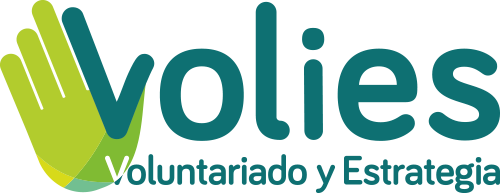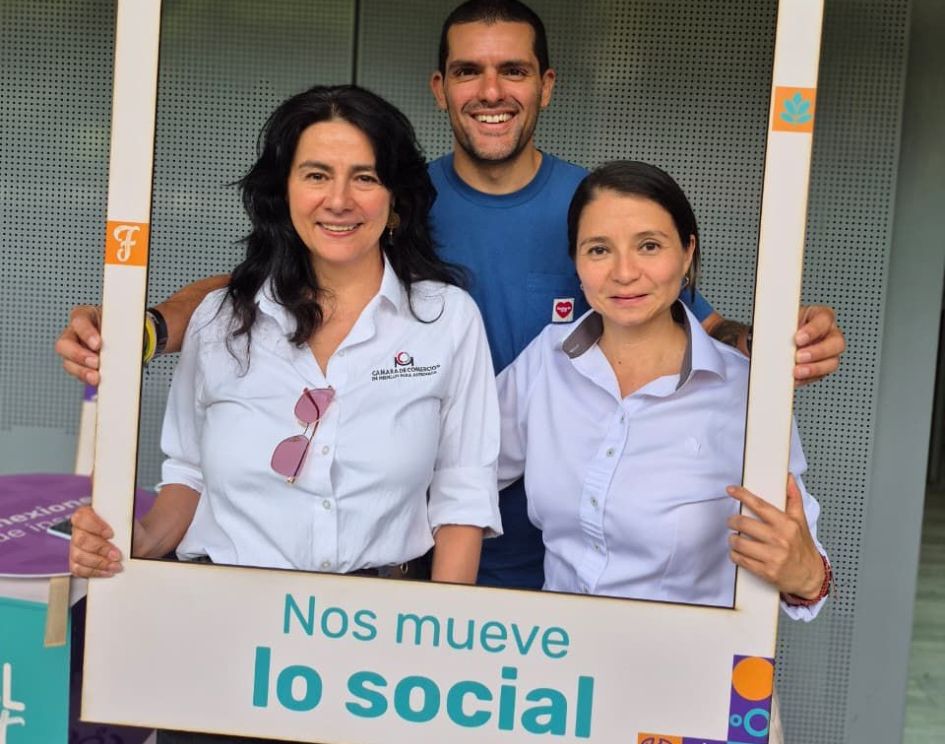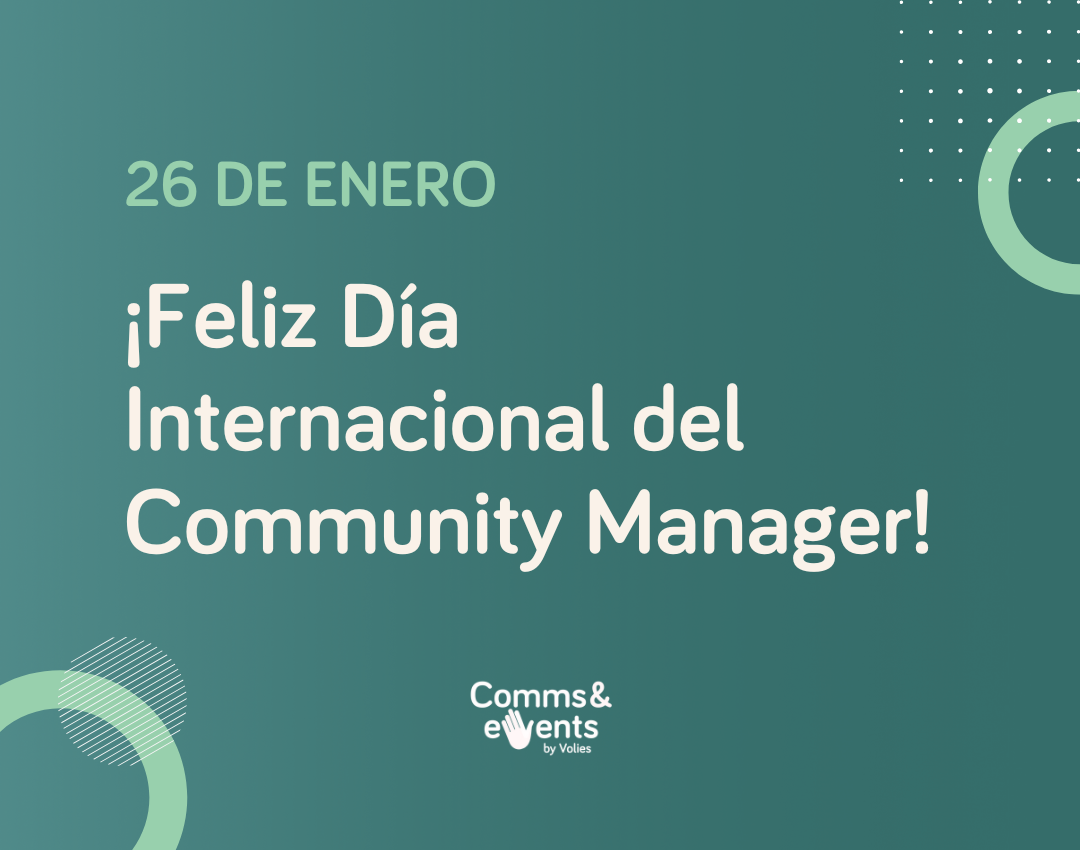The risks of not properly managing the Social License to Operate are increasingly evident in today’s business world. Companies are no longer expected to comply only with legal requirements: their future depends largely on the trust and acceptance they build within the communities where they operate. This is where the Social License to Operate (SLO)comes into play.
But what happens when that relationship with the community is not managed properly? The risks are high: from project delays to reputational damage that can jeopardize the continuity of the business.
In this article, we explore these risks, how to prevent them, and why properly managing the Social License to Operate is essential to maintaining a strong relationship with the community.
If you still don’t know what the Social License to Operate is and why it is key for companies, we encourage you to read our first blog entry
What is risk management in a community?
Community risk management involves identifying, assessing, and mitigating the potential social, environmental, and economic impacts that a business project may generate in a given territory.
It is not only about preventing conflicts but also about creating action plans that ensure the company and the community can coexist and build mutual trust.
Proper risk management allows companies to anticipate problems before they escalate into crises that damage corporate reputation.
What happens when the Social License to Operate is not managed properly?
Project delays and cost overruns
Lack of dialogue and transparency with the community can lead to conflicts that halt operations. In a report analyzing 200 infrastructure projects across Latin America and the Caribbean, more than half faced delays or cancellations due to social conflicts, and many also reported cost overruns (Lessons from Four Decades of Infrastructure Project‐Related Conflicts).
Loss of reputation and trust
A company that makes promises it cannot keep, ignores local concerns, or communicates unclearly risks being perceived as unreliable. In the digital era, a reputational crisis can go viral within hours and leave long-lasting damage.
Risk of boycotts or social protests
Communities today have a stronger voice and greater visibility. When they feel their interests are not considered, they may resort to boycotts, demonstrations, or institutional pressure to stop projects.
Challenges in securing permits or partnerships
Regulators, investors, and strategic partners increasingly prioritize companies that demonstrate social responsibility. Without community support, obtaining legal licenses or building alliances becomes far more difficult.

How to prevent these risks
Active and ongoing listening: not just informing at the beginning, but maintaining open dialogue throughout the entire project.
Delivering on promises: credibility is the foundation of trust; if a commitment is made, it must be honored.
Involving the community in decision-making: shifting from a unilateral model to a participatory one, where local stakeholders have a voice.
Transparent communication: providing clear and honest information about impacts, benefits, and potential risks.
Measuring and adapting: regularly assessing social perceptions and adjusting strategies according to the context.
The Social License to Operate is not lost overnight; it erodes gradually when companies fail to properly manage their relationship with the community. The risks of ignoring this aspect are high: conflicts, additional costs, loss of legitimacy, and missed opportunities.
In a competitive environment where sustainability and reputation are key differentiators, taking care of community relationships is not optional — it is the foundation for ensuring the viability of any project.
At Volies, we help companies identify risks, build trust, and maintain their Social License to Operate in the long term.



